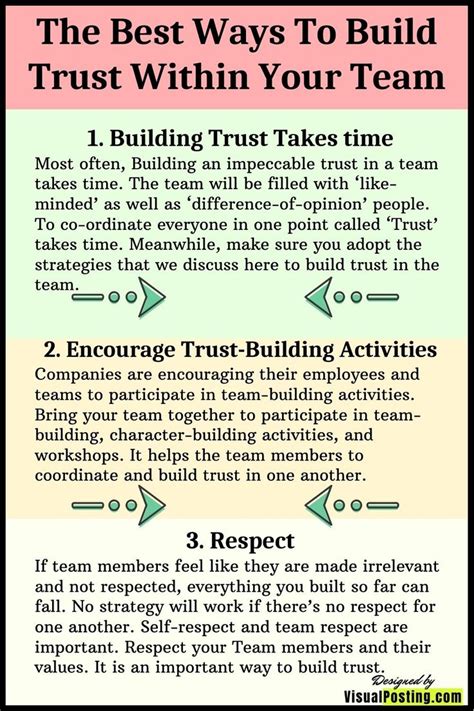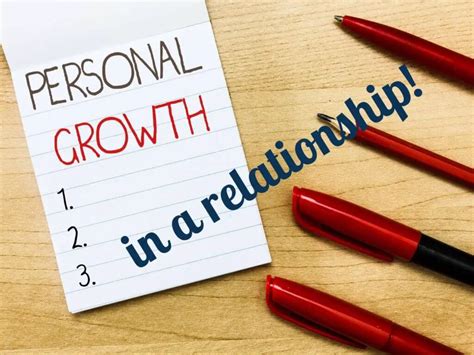Unlock Better Connection: Actionable Tips for Men
For many men, navigating the complexities of relationship communication and conflict resolution can feel like a daunting task. While good intentions are often present, knowing precisely what to say or do in heated moments, or even during everyday interactions, can be challenging. This article cuts through the noise, offering actionable, practical tips designed to empower men to foster stronger, more connected relationships.
1. Master the Art of Active Listening
It’s more than just hearing words; it’s about truly understanding the message, both spoken and unspoken. When your partner is speaking, resist the urge to formulate your rebuttal or solution. Instead, focus entirely on what they are communicating.
Actionable Tip: After your partner shares, paraphrase what you heard back to them. Start with phrases like, “So, what I hear you saying is…” or “If I understand correctly, you feel… because…” This not only ensures you’ve understood but also makes your partner feel heard and validated. Ask clarifying questions like, “Can you tell me more about that?” or “What does that feel like for you?”

2. Implement the “Pause” Before Responding
In the heat of an argument, emotions can run high, leading to reactive and regrettable statements. Learning to create a brief buffer before responding can dramatically improve the outcome of a conflict.
Actionable Tip: When you feel yourself getting defensive or angry, physically or mentally take a brief pause. You can say, “I need a moment to collect my thoughts so I can respond constructively,” or simply take a deep breath. If emotions are too intense, suggest a timeout: “This conversation is important, but I’m feeling overwhelmed right now. Can we take 20 minutes to cool down and then revisit this?” Always commit to revisiting the discussion at an agreed-upon time.

3. Utilize “I” Statements to Express Feelings, Not Blame
A common pitfall in conflict is using “you” statements (“You always…”, “You make me feel…”), which often come across as accusatory and trigger defensiveness. Shifting to “I” statements allows you to own your feelings and needs.
Actionable Tip: Structure your communication around your own experience. A powerful formula is: “I feel [emotion] when [specific situation happens] because [my underlying need/value].” For example, instead of “You never help around the house!”, try “I feel overwhelmed and unsupported when the chores pile up, because I value teamwork in our home.” This invites understanding rather than blame.

4. Focus on Understanding the Underlying Need
Often, a complaint or conflict isn’t just about the surface issue; it’s about an unmet need. Getting to the root of that need can transform an argument into an opportunity for deeper connection.
Actionable Tip: Ask questions that uncover needs. Instead of just debating the issue, ask, “What is it that you truly need in this situation?” or “What would help you feel more secure/loved/respected?” Sometimes, the need is simply to be heard, validated, or understood, not to have a problem immediately solved. Listen for what’s truly important behind the words.

5. Schedule Proactive “Check-In” Conversations
Waiting for conflict to erupt before addressing issues is a reactive approach. Proactive communication can prevent minor annoyances from snowballing into major arguments.
Actionable Tip: Set aside a regular, brief time each week—perhaps 15-30 minutes—for a “relationship check-in.” This isn’t for heavy conflict, but for sharing appreciations, discussing small concerns before they grow, sharing highlights and lowlights of the week, and simply connecting. This consistent habit builds a foundation of open communication, making it easier to navigate tougher conversations when they arise.

Implementing these actionable tips requires practice and patience, but the payoff is immense. By consciously choosing to engage differently, men can significantly boost communication, resolve conflicts more effectively, and ultimately cultivate more fulfilling and resilient relationships.




